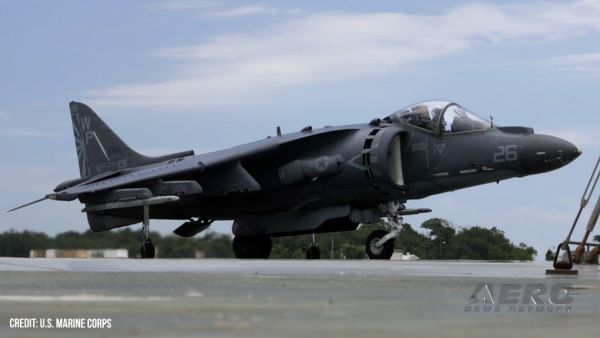Ramped-Up Program Coincides With Growing Army
 China's lack of openness about the
true intentions of its space program has US officials concerned, a
senior military officer said Wednesday.
China's lack of openness about the
true intentions of its space program has US officials concerned, a
senior military officer said Wednesday.
Army Brig. Gen. Jeffrey C. Horne, deputy commander of the Joint
Functional Component Command for Space, told the US-China Economic
and Security Review Commission that China has made incredible
advances in space... but the United States is uncertain what the
Chinese ultimately hope to accomplish.
The United States regards space operations the same way it
regards operations on air, land, sea and cyberspace, Horne said. As
space-based capabilities provide critical support to forces in
other domains, space operations must also receive the same support
and protection from those very forces that they enable.
"Much uncertainty surrounds China's future course, in particular
in the area of expanding military power and space assets and how
that power might be used," Horne said.
China's burgeoning space program comes as the country's
government is spending much more on defense than it has in the
past. The People's Liberation Army is also becoming a more
professional and better-trained force.
China also has invested billions of dollars in space
efforts.
"China views progressive space and counterspace capabilities as
essential elements of national prestige and attributes of a
national power and a world power," Horne said. "Their current
efforts include establishing a wide array of space, counterspace,
terrestrial-based capabilities to provide reconnaissance,
navigation, communications and support to all types of military and
civil operations."
Most disturbing to the United States, perhaps, was the Chinese
test of an anti-satellite capability in January 2007, as ANN reported. Chinese
military doctrine emphasizes destroying, damaging and interfering
with an enemy's reconnaissance, observation and communications
capabilities, the general said.
"China's space activities capabilities include [anti-satellite
weapon] programs and have significant implications for anti-access
and area denial in the Taiwan Straits, contingencies and well
beyond," Horne told the commission. While the Chinese currently
depend on Russian space technology, he said, the country is working
to grow its own capabilities.
"[They] are moving aggressively to assure their own capability
for the long term, focused on placing more sophisticated and
diverse sets of satellites into orbit and expecting to replace
foreign-produced satellites in its inventory with those they
produce themselves by 2010," Horne said.
China plans to launch 15 rockets and 17 satellites in 2008, and
the nation has announced plans for its third manned mission --
Shenzhou 7 -- in October.
The United States and its allies are vulnerable to disturbances
in space, and all nations must take steps to protect this crucial
domain, Horne said. "Our adversaries understand the asymmetric
advantage our space capabilities provide, and also that it
constitutes an asymmetric dependence that can be exploited," he
said.

The United States wants to encourage military-to-military
conversations with all space-faring nations, the general said,
noting that such talks provide important opportunities to increase
understanding of each other's intentions and to pursue methods to
improve multilateral cooperation.
"Furthermore, understanding each other's specific perceptions
and respective doctrines will ensure our force postures are
perceived in their proper context, ensuring transparency and
building confidence in the protection and sustainability of
numerous space capabilities," Horne said.
Horne's organization is part of US Strategic Command.
(Aero-News thanks Jim Garamone, American Forces Press
Service)
 Citation Operators Get Another Flight Data Connection for QA
Citation Operators Get Another Flight Data Connection for QA ANN's Daily Aero-Linx (06.01.25)
ANN's Daily Aero-Linx (06.01.25) NTSB Final Report: Bellanca 8GCBC
NTSB Final Report: Bellanca 8GCBC Aero-News: Quote of the Day (06.01.25)
Aero-News: Quote of the Day (06.01.25) Classic Aero-TV: High-Speed Match-up - Venom and GE Rebirth A Legend
Classic Aero-TV: High-Speed Match-up - Venom and GE Rebirth A Legend




